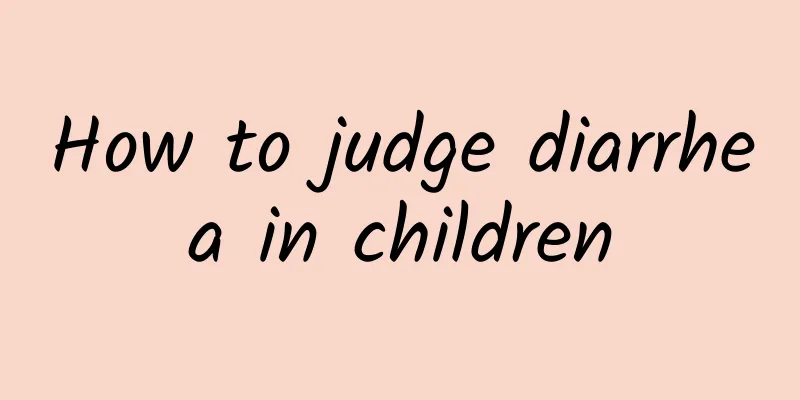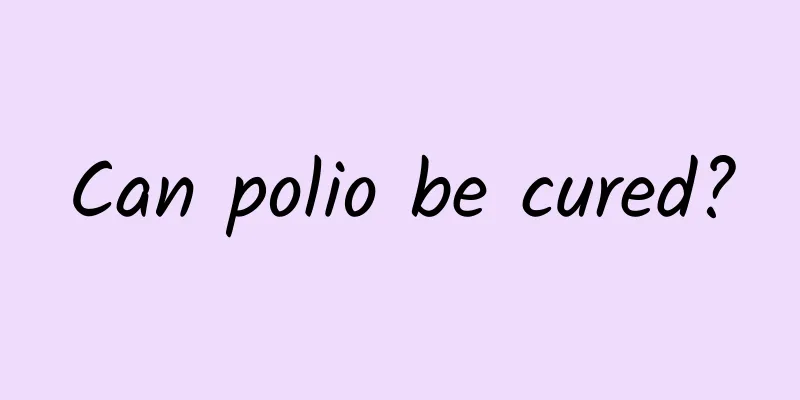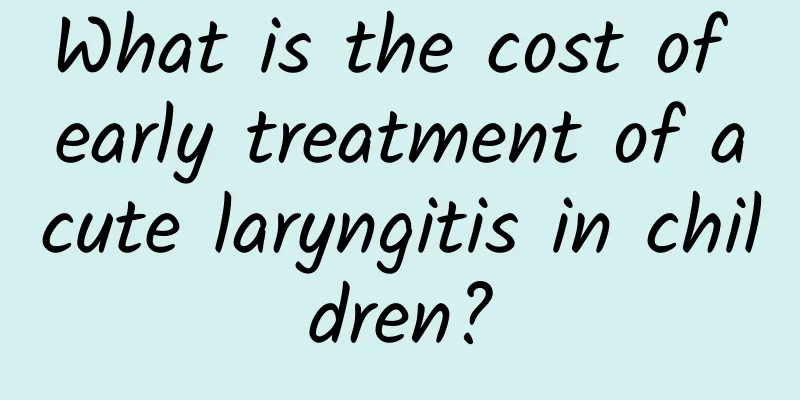How to judge diarrhea in children

|
In our daily life, diarrhea in children is a very common problem, but when it occurs, parents are particularly worried and always think that the child has some disease. However, you should know that diarrhea in children is not necessarily a disease. The following is our detailed introduction. It is very common for babies to have diarrhea. Some parents ask: I didn't feed my baby anything unhygienic, and I didn't keep him cold, so why did he suddenly have diarrhea? Experts say: "Baby diarrhea like the above situation mostly occurs in infants under 2 years old. This is not pathological. It is what ordinary people often call a 'not considered a disease'. First, 12-year-old babies grow and develop very quickly, and their bodies need more nutrition. But their digestive organs are not fully mature. Medically speaking, they secrete less digestive enzymes. This will result in weak digestive ability and prone to diarrhea. Second, the nervous system has poor gastrointestinal regulation. For example, babies who are in the stage of adding complementary foods are also prone to diarrhea. Because the diet has changed, the baby may not adapt to certain added foods. In addition, impatient mothers add too many types of complementary foods in a short period of time or feed too much at one time. These are all reasons." How to tell if your baby has diarrhea at home? Experts say that you can tell by the frequency of bowel movements. "A normal baby usually has 12 bowel movements a day in yellow strips. Diarrhea means more bowel movements than normal, 4-6 times in mild cases, more than 10 times in severe cases, or even dozens of times. The other way to tell is by the nature of the stool. The watery stool, egg drop soup-like stool, mucous stool or bloody stool may also be accompanied by fever, cough, irritability, and poor spirits. If this type of diarrhea occurs, it is mostly caused by bacterial or viral infection, which is another matter." In addition, experts remind mothers that developing good hygiene habits in daily life is also a way to prevent and treat diarrhea in children. Pay attention to the cleanliness of hands and the disinfection of milk bottles. The brewed milk should not be left for too long to avoid the growth of bacteria. When the baby is just starting to add complementary foods, remember to start with a single item and a small amount. Parents do not need to worry too much about the above-mentioned pediatric diarrhea. As long as they reduce their diet appropriately and choose some easily digestible foods, this problem will be solved by itself and the child will get better. |
<<: What are the diagnostic methods for diarrhea in children?
>>: How to diagnose diarrhea in children
Recommend
What causes baby eczema?
Baby eczema can be caused by many reasons, such a...
The dangers of neonatal jaundice
Neonatal jaundice is usually caused by increased ...
What can children with pneumonia eat?
I believe we all know that neonatal diseases are ...
The pros and cons of fasting
In simple terms, fasting is a form of spiritual p...
Experts talk about how to treat Kawasaki disease in children
Every child should have a good lifestyle in life,...
How long does it usually take for children's pneumonia to heal?
Generally speaking, the recovery time of pediatri...
What are the good treatments for jaundice? These methods can help get rid of jaundice
Strictly speaking, jaundice is not a disease, but...
What are the main principles for treating cough in children?
The principle of treating children's cough is...
How long does it take for a child's jaundice to subside?
In life, when we talk about jaundice, we don’t fe...
What causes jaundice?
Neonatal jaundice is a disease with a very high i...
What medicine should children take for dry cough
When children have dry coughs, the medication the...
Routine examination for pneumonia in children
There are many diseases in life, so people need t...
What causes dark yellow skin? What are the common symptoms of dark yellow skin?
Dark yellow skin is caused by many reasons. In or...
Which few things should be done to cure children's pneumonia quickly?
Pneumonia occurs when we fail to prevent it. How ...
The best time and method of sun exposure for jaundice
Phototherapy is also what we call light therapy. ...









